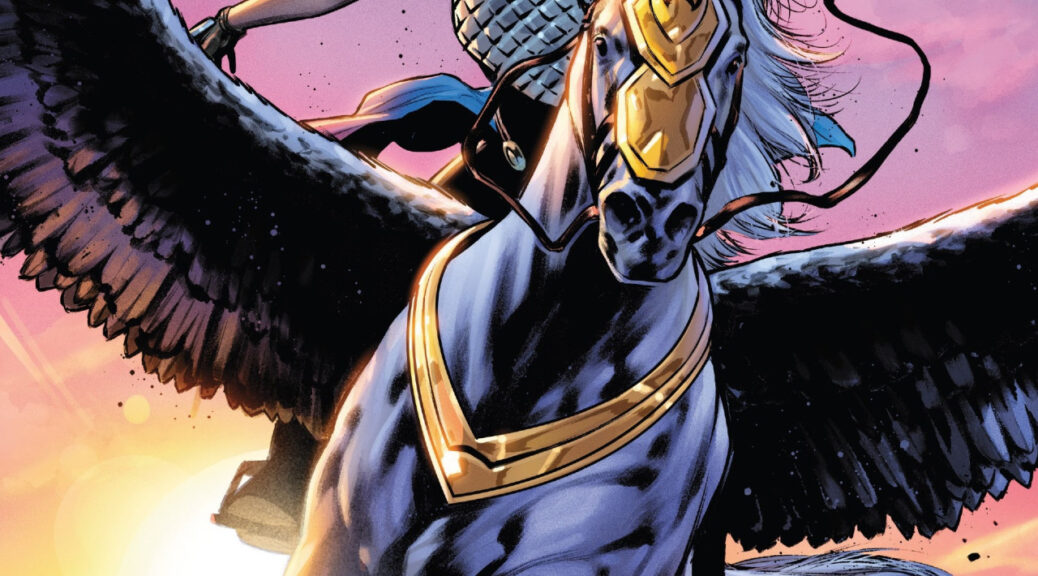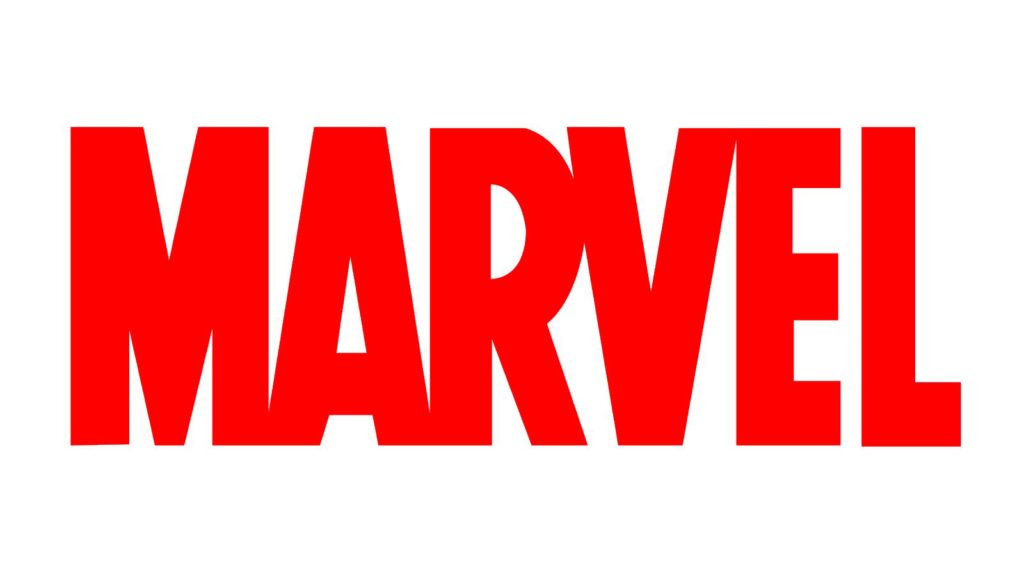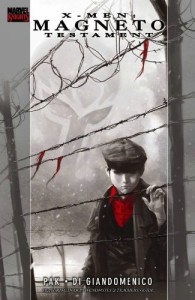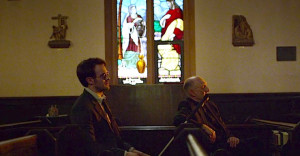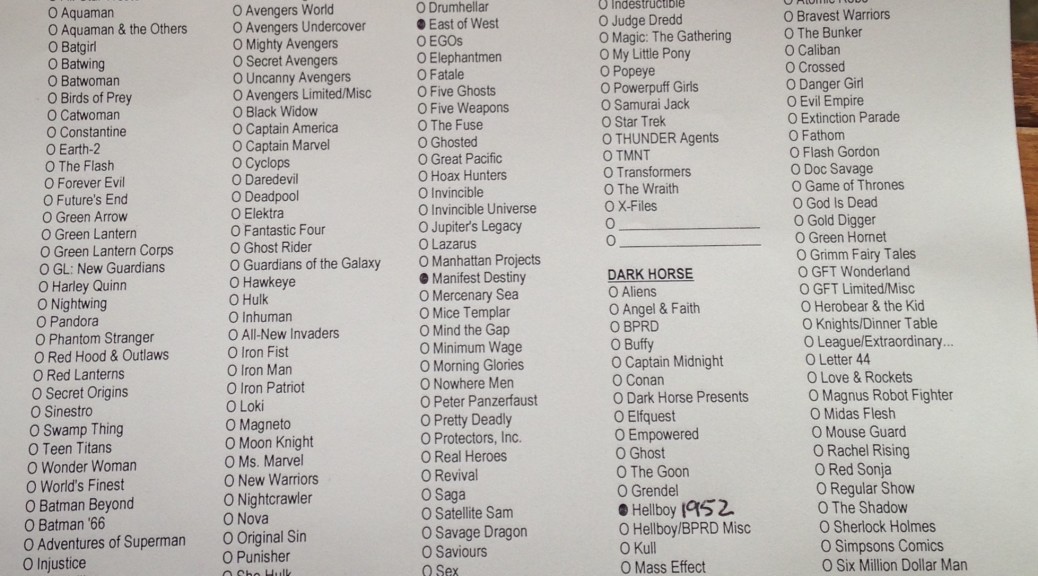[This column by Michael J. Miller originally appeared on his site My Comic Relief. It is copied here with the permission of the author.]
The centerpiece of Jason Aaron’s epic seven year run writing Thor: God of Thunder/The Mighty Thor/Thor was Jane Foster lifting Mjölnir when the Odinson found himself unworthy to do so. She became Thor, the Goddess of Thunder, and the stories that followed were the best Thor comics I’ve ever read. It may be the best executed single story arc I’ve ever ready in any comic ever. When the Odinson eventually reclaimed his title as the God of Thunder, Jane returned her focus to her civilian life, medical career, and – most importantly – fighting the cancer raging inside her. However, her superhero career was far from over and the stories Jane Foster now finds herself in (written first by Jason Aaron and Al Ewing and now by Jason Aaron and Torunn Grønbekk) dance along the mysterious, wonderous, frightening, sacred threshold that is the dividing line between life and death.
When the Dark Elf Maliketh’s War of the Realms invaded Earth, Jane – mortal and powerless but with her cancer now in remission – once more stood alongside gods and heroes to fight his evil army. Maliketh’s forces were ultimately vanquished, but not without great sacrifice. Among those fallen in battle were all the Valkyrie. In Norse mythology (and similarly in the Marvel Universe) the Valkyrie are a race of warrior women who decide who lives and who dies in battle. The Valkyrie then had the sacred duty of transporting the souls of those who died to the realm they’d reside in for their afterlife. At the end of the War of the Realms, Jane Foster was given the responsibility and the gift of being the last Valkyrie.

Jane bonds with Undrjarn at the end of the War of the Realms. / Photo Credit – Marvel Comics
Continue reading Jane Foster: Valkyrie – Glimpsing Transcendence in Death
